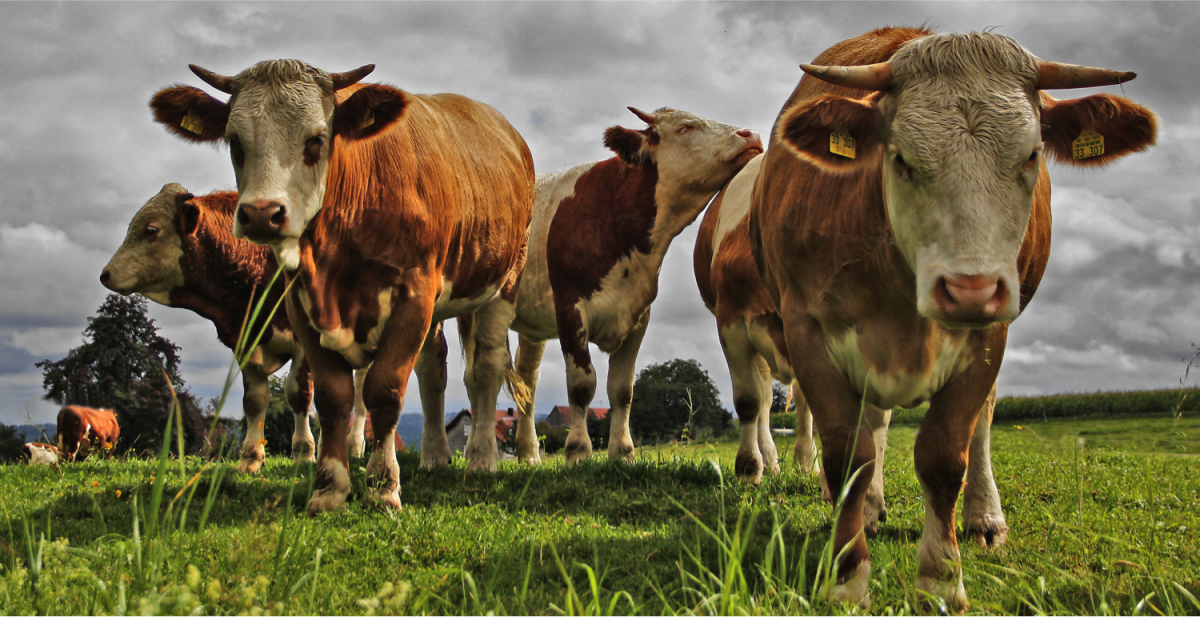November 23, 2020
By Lynda Kiernan, Global AgInvesting Media
Hancock Prospecting is undertaking a bit of house cleaning and is planning to divest as many as six cattle stations in the Northern Territory and Western Australia with plans to pivot toward other agricultural and cattle investments.
Reports are that the reason behind such a move is the difficulty with managing such a number of rural assets. Hinting at why this may be the case, Hancock Prospecting noted in a statement to Beef Central, “Government red tape has increased 80-fold since the 1970s when the first environmental legislation was passed and tellingly, in that period, production has only doubled. Initially, 57 pages, now, there is something like 4000 pages of legislation, regulation, green tape and red tape that impacts on what farmers do and our capacity to grow food for the rest of the world.”
“To be able to reach the government’s agenda for 2030 of growing the industry to $100 billion we must be more proactive and let government better understand the changes to government tape and taxes, that need to firstly occur.”
Assets that could be on the block include:
Aroona Station – Acquired in early 2017 by Hancock for $24 million, the 147, 510-hectare Aroona is located 100 kilometers west of Katherine and included 15,000 head of Brahman cattle.
Willeroo Station – Adjoining Aroona, Willeroo is a 171,000-hectare station acquired by Hancock from Agri International, the Australian division of the Indonesian company Great Giant Livestock (GGL), in October 2017 for $33.05 million. The station included 21,000 head of Brahman cattle and an operational plant.
Riveren and Inverway Stations – Located in the Northern Territory, Riveren and Inverway were acquired by Hancock in 2016 from Indonesia’s Japfa Santori. Collectively the stations cover 550,000 hectares and run a herd of 40,000 head of cattle. It was the purchase of these stations that served as a foundation for an expansion in the value chain for Hancock.
Ruby Plains – Owned by S. Kidman & Co. which Hancock acquired in 2016 for A$386.5 million in partnership with China’s Shanghai CRED, Ruby Plains covers 4,800-square kilometers and runs a herd totaling 24,000 head of Wagyu, Charbray, and Coolibah Composite cattle.
Phoenix Park – Acquired by Hancock in 2016 one week after acquiring Riveren and Inverway, Phoenix Park is an integrated cattle depot and cropping property with a capacity of 30,000 head. The acquisition of this infrastructure positioned Hancock to be a leading supplier to emerging Asian markets.
Since the build-out of this portfolio, Hancock has undertaken significant investment to integrate technologies and innovations that fostered improvement and value addition in the properties, the cattle run on them, and operations. Having achieved this, the company told Beef Central that the time has come to make certain exits.
“Under the direction of executive chairman Gina Rinehart, Hancock Agriculture has experienced significant growth in recent years,” stated the company. “Property acquisitions have been followed by significant investment focussed on improving cattle herd quality, employee safety and animal welfare, using technology and innovation as a key platform for improvement across the portfolio.
“Given inter alia [ie, among other things] the significant improvements and value creation that has been achieved from these investments, the company will now look to divest several properties to focus on more agricultural and cattle opportunities.”
– Lynda Kiernan is editor with GAI Media, and is managing editor and daily contributor for Global AgInvesting’s AgInvesting Weekly News and Agtech Intel News, and HighQuest Group’s Oilseed & Grain News. She is also a contributor to the GAI Gazette. She can be reached at lkiernan@globalaginvesting.com

Let GAI News inform your engagement in the agriculture sector.
GAI News provides crucial and timely news and insight to help you stay ahead of critical agricultural trends through free delivery of two weekly newsletters, Ag Investing Weekly and AgTech Intel.




